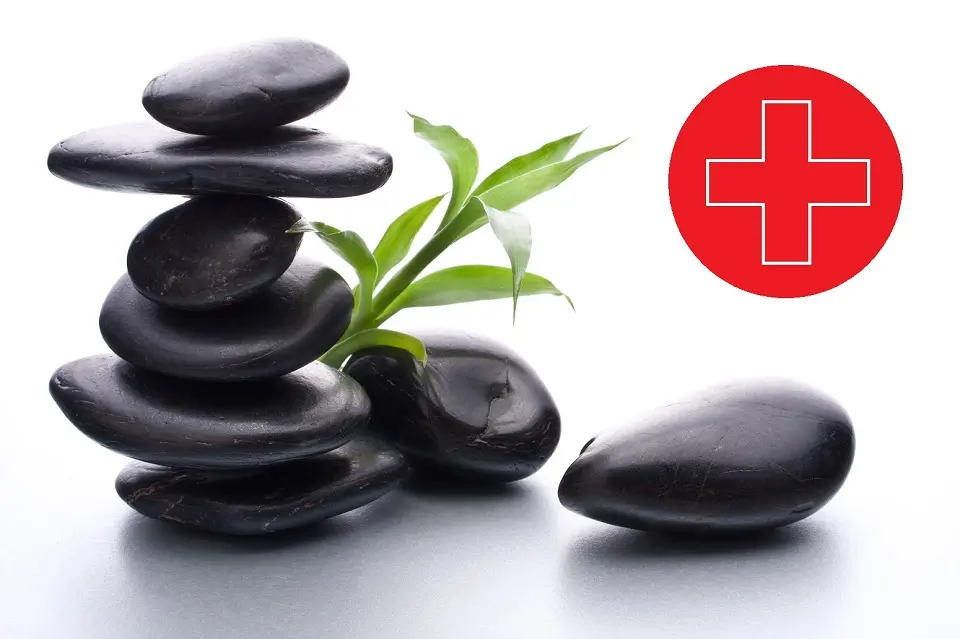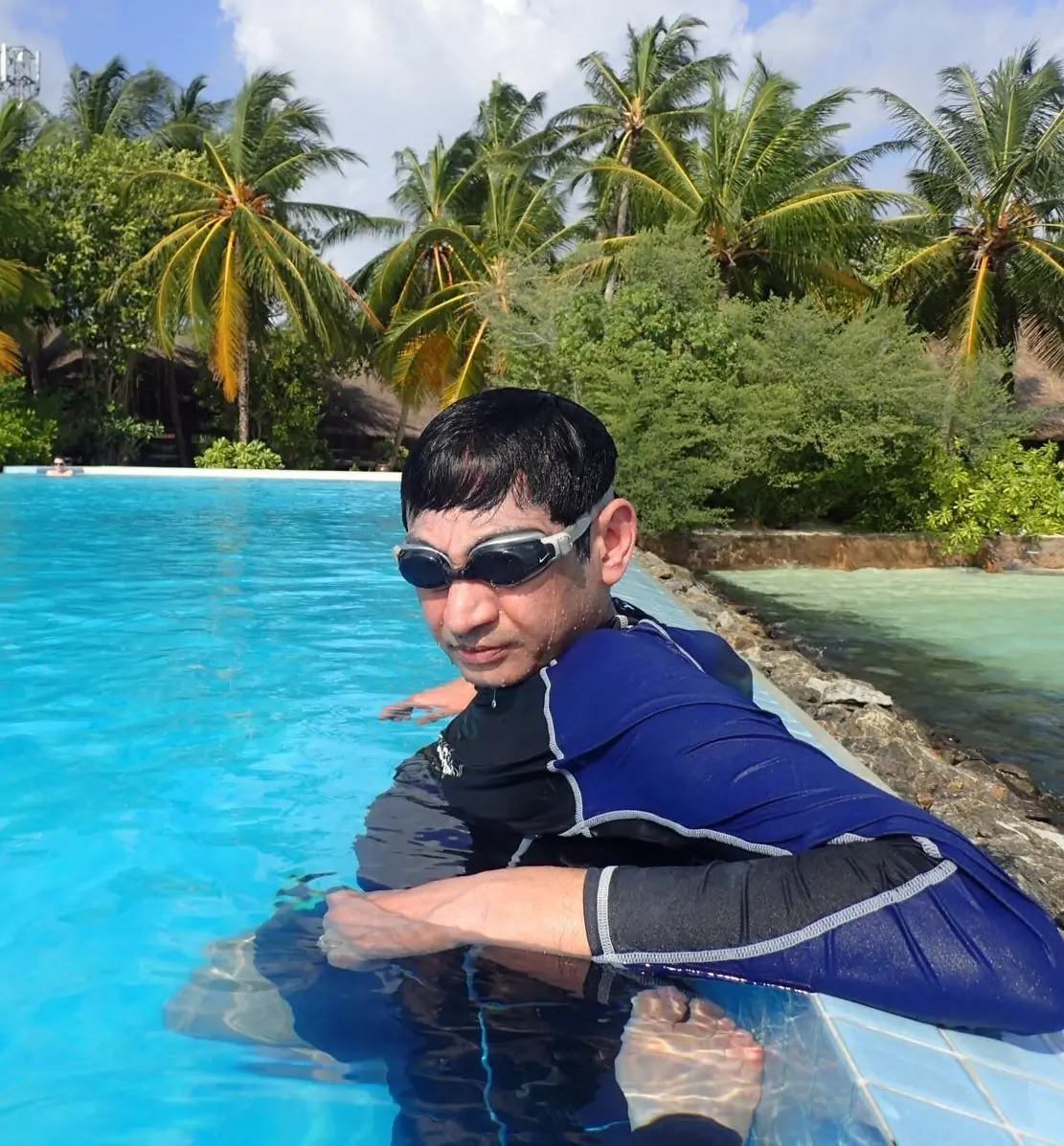Japanese Healthcare System and Health Insurance in Japan

Planning to move to Japan? If so, one of the most important things you would like to know about is the healthcare system in Japan, including the Japanese health insurance system. This article will discuss the key points about Japanese healthcare and medical insurance.
According to the World Bank data for 2020, Japan had the highest life expectancy of 85 years, as per the latest data for 2021. While Japanese food habits are famous for their health consciousness and are among the top two most active nationalities in terms of walking (source), longevity is also a testimony that the Japanese healthcare system is one of the best in the world.
Moreover, Japan also ranks number one globally, with a Health Index score of 86.6, and apart from a healthy lifestyle, it also reflects the easy access to the efficient health insurance system of Japan,
The Japanese healthcare system became more standardized after the Meiji Restoration and the introduction of Western medicine. The universal health care system was first introduced in 1961, allowing almost everyone to become insured and have medical fees determined by a person’s income.
While Big Pharma is a large stakeholder in the West, leaving limited options for affordable healthcare, newcomers will find that medical services and drugs are heavily regulated in Japan. Obviously, this enables even those earning minimum wage to receive proper medical care.
Japan places a heavy emphasis on preventative health care. Foreigners are often surprised to see locals visiting a doctor in Japan for something as simple as a small cough. Labor laws in Japan mandate companies to have yearly health checks for their employees.
The Japanese healthcare system can initially seem confusing, but once you dive deep, it is straightforward.
This article will discuss the healthcare system in Japan, including Japanese health insurance, medical helplines for ex-pats, and medical tips that a foreigner in Japan may need.
(Note: You may also like to check our guide about English-speaking hospitals and clinics in Tokyo.)
Health Insurance in Japan
Japanese law requires all residents of Japan to be enrolled in medical insurance.
In Japan, you can get Health Insurance in two ways:
- Through your place of employment, known as Employee Health Insurance or Kenkō hoken (健康保険), or
- Through the government National Health Insurance (kokumin kenkou hoken or 国民健康保険)
Employee Health Insurance in Japan
As the name suggests, Employee Health Insurance (Kenkō hoken) is health insurance for salaried employees.
Kenkō hoken is a part of Social Insurance in Japan. Social Insurance comprises the following:
- Health Insurance,
- Nursing Insurance,
- Pension,
- Unemployment Insurance,
- Industrial accident insurance (wherever applicable)
Any business employing 5 employees or more must cover all its full-time employees under Employee Health Insurance. The employer also must cover the part-time employees who meet the following conditions:
- Part-time employees who work for 75% of the normal weekly working hours and also 75% of monthly workdays meant for the full-time employees or
- Part-time employees working for 20 hours or more weekly, and
- Effective from October 2022, the expected employment contract is 2 months or more, and
- Monthly income from the hob is JPT 88,000 or more, and
- Effective October 2022, the total number of employees is over 100 or more during any 6 months in a financial year.
Please note that even in the absence of the above conditions for mandatory coverage of the part-time employees under the Employee Health Insurance, a Japanese company can also have individual agreements with the part-time employees to cover them under the health insurance.
The responsibility to do all paperwork to enroll the employees under the health insurance lies with the employer.
Insurance Premium for Employee Health Insurance
Employee Health Insurance premium depends on the total income, including salary, bonuses, and other employee allowances.
The employer contributes 50% of the insurance premium, and the remaining 50% is deducted from the employee’s income.
Employee Health Insurance Benefits
In Japan, Employee Health Insurance, 70% of your and any dependent’s medical bills
All the following dependents of an insured employee are also covered under this health insurance plan:
- Great grandparents
- Grandparents
- Parents
- Spouse
- Children
- Grandchildren
- Brothers and sisters
However, please note that all relatives above must financially depend on the insured employee.
Childbirth Allowance
An employee covered under Employee Health Insurance also received a lump-sum childbirth allowance of JPY 420,000 per childbirth.
Claiming the Overseas Medical Expenses
An employee can claim medical expenses for self and dependents for any treatment taken overseas during visits abroad.
Please note that a translation of the receipts in Japanese may be required to make a claim. However, anyone, including the employee, can do the translation.
What if the Spouse is Also Earning?
In case the spouse of an employee covered under the health insurance is earning, they can still be covered under the health insurance of the employee if any of the following conditions are met:
- The spouse lives with the employee, and the spouse’s total income is less than 1.3 million Japanese yen per year, which is less than 50% of the insured employee’s annual earnings.
- The employee’s spouse does not live with him or her, and the spouse’s total income is less than 1.3 million Japanese yen per year, which is less than the annual financial support amount provided by the employee.
Examples
- Suppose the spouse lives with the employee and earns 1.29 million Japanese yen yearly, and the insured employee’s annual income is JPY 2.5 million. In such a case, the spouse will not be covered under the employee’s health insurance plan because the spouse’s earnings are more than 50% of the employee’s income.
- The spouse lives separately with annual earnings of 1.29 million Japanese yen; the employee provides annual financial support of 1.2 million yen. In such a case, the spouse will not be eligible to be covered under the health insurance as a dependent because the earnings are more than the financial support the employee provides.
National Health Insurance in Japan (NHI)
All residents of Japan who are not eligible for Employee Health Insurance coverage must register for National Health Insurance (kokumin kenkōhoken).
Eligibility Criteria for National Health Insurance
The following table shows the eligibility criteria for National Health Insurance coverage in Japan:
| Eligible for National Health Insurance | Ineligible for NHI |
|---|---|
| People working part-time, freelancers, or self-employed and who are not eligible for Employee Health Insurance. | People above 75 years of age. |
| Any foreigner with a visa validity of over 3 months. | Temporary visitors with up to 3 months’ stay in Japan. |
| Foreign students. | People receiving any welfare benefits or are in Japan on a visa for medical treatment. |
As a foreigner, if you come to Japan on a temporary visa for 3 months and the visa validity is extended towards the end of the 3 months, you must apply for National Health Insurance. Please note that you should apply for health insurance even if the extension is for the next 3 months or less.
Moreover, even if you are covered under some international insurance system meant for overseas travelers, you must enroll for the National Health Insurance in Japan if your stay in Japan is over 3 months.
How to Apply for National Health Insurance?
To apply for National Health Insurance, visit the Residential Affairs Division at your municipal office or the ward office of the metropolitan area with jurisdiction over your place of stay.
Unfortunately for foreigners, there likely will not be any English forms available, and it’s wise not to expect there to be someone who speaks English. It is recommended that you bring a friend along if you cannot understand Japanese.
Eligible foreigners must apply for National Health Insurance within 14 days of arrival in Japan. However, the enrolment date will automatically be the day of your arrival in Japan.
Benefits of National Health Insurance
Like Employee Health Insurance, National Health Insurance covers 70% of your and your dependents’ medical treatment bills.
Like Employee Health Insurance, National Health Insurance coverage also ensures JPY 420,000 as the childbirth allowance for each child’s birth.
Also, as with employee health insurance, any medical expenses incurred overseas during any foreign travel can be claimed by the insured person.
In case of the insured person’s death, the deceased person’s family members can also claim a funeral fee of JPY 50,000. In addition, an insured person can claim the same funeral fee if any dependent dies.
National Health Insurance (NHI) Premiums
The insurance premium for the National Health Insurance depends on the following:
- The municipal or ward office which has jurisdiction over your place of stay
- Total income of the person to be insured during the previous year.
- Number of dependents
Please note that foreigners will have a fixed standard premium fee during their first year in Japan, as the insurance premium depends on the previous year’s income. Moreover, the insurance premium will increase with any increase in dependents.
Discount for Foreign Students
Depending on the municipality or ward office, international students without any income to show during their previous year in Japan may be eligible for a discount on the insurance premium fee. Such a discount can also apply to other foreigners new to Japan.
Foreigners need to contact the concerned municipal or ward office to enquire about the possibilities of such discounts.
How to Pay the Insurance Premium for NHI?
Unlike Employee Health Insurance, where the employer is responsible for paying the insurance premium, National Health Insurance requires the insured person to make the payment themselves.
The municipal or ward office concerned sends the payment slip for the insurance premium every month to the home address of the insured person. After receiving the payment slip, the payment can be made by various convenient options as follows:
- Bank transfer
- Convenience stores
- At the Ward office
Stopping Insurance Coverage Before Leaving Japan
Before leaving Japan, a foreigner must withdraw from the NHI coverage. To do that, go to the ward office and complete the necessary forms. Please note that you must pay any remaining insurance premiums for the remaining days before you depart.
Later-Stage Elderly Healthcare System
What if I were 75 years old?
People over 75 years of age are not eligible for the NHI and must insure themselves under the Latter-Stage Elderly Healthcare System (Koki Koreisha Iryo Seido). However, the following people will not be eligible for this healthcare system:
- Foreigners with an intended stay of one year or less in Japan
- People receiving any public assistance for disabilities or health
- Foreigners with visas for medical treatment
Please note that the Latter-Stage Elderly Healthcare System also applies to people 65 years old or over with a certain designated level of disability. You can contact your ward office for guidance and instructions.
The benefits of the latter-stage elderly healthcare system are the same as those of the national health insurance but with a much-reduced insurance premium of 10%. However, please note that the reduced premium is only applicable if the income is less than a specified level of the particular municipal government.
Moreover, as the terms for this elderly healthcare system vary from municipality to municipality, it is recommended to contact the municipal office with jurisdiction over your place of stay.
Long-Term Care Insurance System
The Long-Term Care Insurance system in Japan is meant for people with health problems who need long-term nursing care because they are bedridden or have conditions like dementia.
There are two categories of people who can avail of this facility:
- People aged 65 years or older without any other health insurance.
- People in the age group of 40 to 65 who have other health insurance like national health insurance or employee health insurance.
Payment of Medical Insurance Premium
For people 65 years or older who are not insured under another healthcare system, the premium must be paid to the municipal government or the ward office of the metropolitan area.
For the second category of people in the 40 to 65 age group under Employee Health Insurance, the employer makes the insurance premium payment and bears part of the additional premium. However, the government bears part of the additional cost for those under National Health Insurance.
To get additional details about the benefits and insurance premiums, please check this page on the Japanese Ministry of Health, Labor, and Welfare website.
Private Health Insurance in Japan
Private health insurance is also available in Japan but is not as popular since most clinics or hospitals rarely accept it. Such Insurance is typically used to cover orthodontics, plastic surgery, and chronic medical diagnosis.
For short-term expats in Japan, enrolling in Japanese health insurance might not be an option. While most foreign insurance is not accepted at Japanese clinics or hospitals, a few medical insurance companies offer a range of coverage and pricing options. Cigna Global, Aetna, and GeoBlue are all reputable companies that offer medical insurance services abroad and in Japan.
Medical Facilities in Japan
There are two main types of facilities where patients can receive medical treatment: hospitals (byouin or 病院) and clinics (kuriniku or クリニック).
Clinics in Japan are medical facilities with 19 beds or less and treat mild illnesses and injuries.
Japanese hospitals have 20 beds or more and can conduct specialized medical treatments and operations.
Many people will be surprised that general practitioners aren’t commonly found in Japan. Instead, physicians typically specialize in one field rather than practice a general field of medicine.
For those experiencing general symptoms like stomach aches or fevers, it is best to visit an internal medicine (naika or 内科) specialist. Although general practitioners are uncommon, the Japanese Ministry of Health, Labor, and Welfare recommends that residents regularly consult with a family doctor in their local neighborhood.
Dentists in Japan
Visiting dentists (haisha or 歯医者) in Japan is much like anywhere else. They are by appointment only; you are expected to make multiple visits yearly for regular checkups.
The Japanese National Health Insurance also covers dental procedures but only covers what is medically necessary. For example, although a root canal is necessary, the Insurance might only cover basic filling and dental caps. So be sure to ask what the Insurance covers before scheduling your appointment.
Acupuncture, Moxibustion, and Health Massages
In Japan, natural health therapies like acupuncture, moxibustion, and health massages are also covered under medical insurance. However, you must receive such treatments from a licensed therapy center to take advantage of the insurance benefit.
You can claim health insurance benefits for health massages, acupuncture, and moxibustion for the following health issues in Japan:
- Neuralgia
- Rheumatoid arthritis
- Cervicobrachial syndrome
- Frozen shoulder (scapulohumeral periarthritis)
- Low back pain
- Cervical spine sprain sequelae (whiplash injury)
Differences in Health Practices
Despite its advances, Japan is still a country of tradition over modernity. As a result, many expats find it surprising that therapies like acupuncture, health massages, moxibustion, etc., are also covered under health insurance. However, many foreigners fall in love with such therapies after experiencing them.
General health trends among Japanese and other populations differ greatly as well. The preventive health care system strongly emphasizes screening for cancers early on, particularly stomach and breast cancer.
Diversity in the medical field also poses a concern for the growing foreign population in Japan.
The language barrier and differences in health trends often lead to misunderstandings about medical treatment for foreign patients.
Language Barrier for Foreigners
The rise of foreign nationals has increased the need for medical services accommodating foreigners. Although you are likely to find English-speaking doctors in large cities outside the metropolitan areas, it’s unlikely that any English-speaking staff will be.
To help the international community receive proper medical care while living in Japan, various services can help you find the proper accommodating institution and offer appointment bookings and even interpretation services.
English Medical Helplines for Foreigners
JNTO Emergency Guide
JNTO provides guides for multilingual hospitals outside of Tokyo. The website’s search engine allows visitors to choose the prefecture where they are staying to help narrow down the best location. A PDF guide that lists various symptoms you can use when describing your ailments is also available.
Japan Health Information for English-Speaking Clinics and Hospitals in Japan
Japan Health Information is a free online service that helps people find English-speaking clinics and hospitals in Tokyo and other major cities. They also provide informational guides on sexual, mental, and child health services.
Our guide about English-speaking hospitals in Tokyo is quite handy for expats and foreigners visiting Tokyo.
Tips for Foreigners New to Japan
Many foreigners try to avoid visiting a doctor in Japan for small ailments. However, there will come a time when a quick checkup or treatment is necessary.
To ease the anxiety, I recommend you become acquainted with a family doctor in your neighborhood when you first move to Japan. That’ll make visiting the hospital when you’re sick less stressful.
Moreover, it is recommended to always carry your Japanese health insurance card with you to avail yourself of the benefits of the Japanese health care system in sudden emergencies.
Keeping your health insurance card with you will save you a lot of pain. If you visit a Japanese hospital or clinic without a medical insurance card, you must pay in full for the treatment and medicines. Of course, the insurance money will be refunded to you later, but it will cause unnecessary inconvenience initially.

A long-term ex-pat in Japan, Himanshu comes with an IT background in SAP consulting, IT Business Development, and then running the country operations of an IT consulting multinational. Himanshu is the co-founder and Managing Director of ReachExt K.K. and EJable.com. He is also an Advisory Board Member of a Silicon Valley AI/IoT startup.
